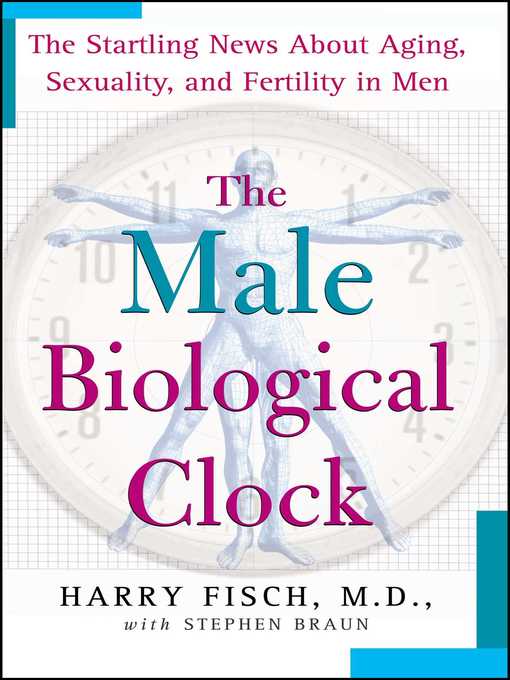
The Male Biological Clock
The Startling News About Aging, Sexuality, and Fertility in Men
اخبار پرفراز و نشیب پیری، جنسی بودن، و باروری در مردان
کتاب های مرتبط
- اطلاعات
- نقد و بررسی
- دیدگاه کاربران
نقد و بررسی

December 1, 2004
Infertility is big business in America, and in 40 percent of infertile couples, the problem lies with the man. Yet, women are usually the focus for treatment. And, at the same time, male sexual dysfunction makes drug companies rich. What's going on? In this compelling volume, Fisch, the director of the Male Reproductive Center at Columbia University, takes on these unsettling contradictions and presents new research that upends the conventional wisdom about infertility and male sexuality. He questions standard procedures such as in vitro fertilization, claiming there is "an epidemic of male infertility that is going largely unnoticed. Most couples never realize the true dimension of their problem and the often simple steps they could take to remedy the male side of the equation." The in vitro procedure, which is publicized by the media and promoted by clinics, is expensive, often unsuccessful, difficult for women and ignores the man's possible problems. Fisch focuses instead on studying and correcting men's fertility issues. A researcher and surgeon, Fisch reveals that new studies show that men, like women, have a biological clock. Men over 35 have half the chance of fathering a child that men under 30 have. Beyond aging, many things factor into male infertility and sexual dysfunction: decreasing testosterone levels, alcoholism, abdominal fat, diabetes, urinary and prostate infections, injury, undiagnosed defects and more. Yet, too frequently, doctors do not examine their male patients thoroughly enough to pinpoint infertility and other sexual health problems, many of which can be fixed easily. An excellent resource for couples struggling to have children, Fisch's volume speaks directly and honestly to men who want to slow down their biological clock.

February 1, 2015
Clinical professor of urology and reproductive medicine Fisch (Weill Medical Coll., Cornell Univ.) writes about what he calls "the silent epidemic": male infertility. He argues that infertility is often viewed as a "woman's problem," whereas male infertility is more common than often thought and that there are variations, some of which are easily treated. The author also discusses how age and health play a role in male infertility and provides suggestions on how to slow down or reverse this process.
Copyright 2015 Library Journal, LLC Used with permission.

























دیدگاه کاربران